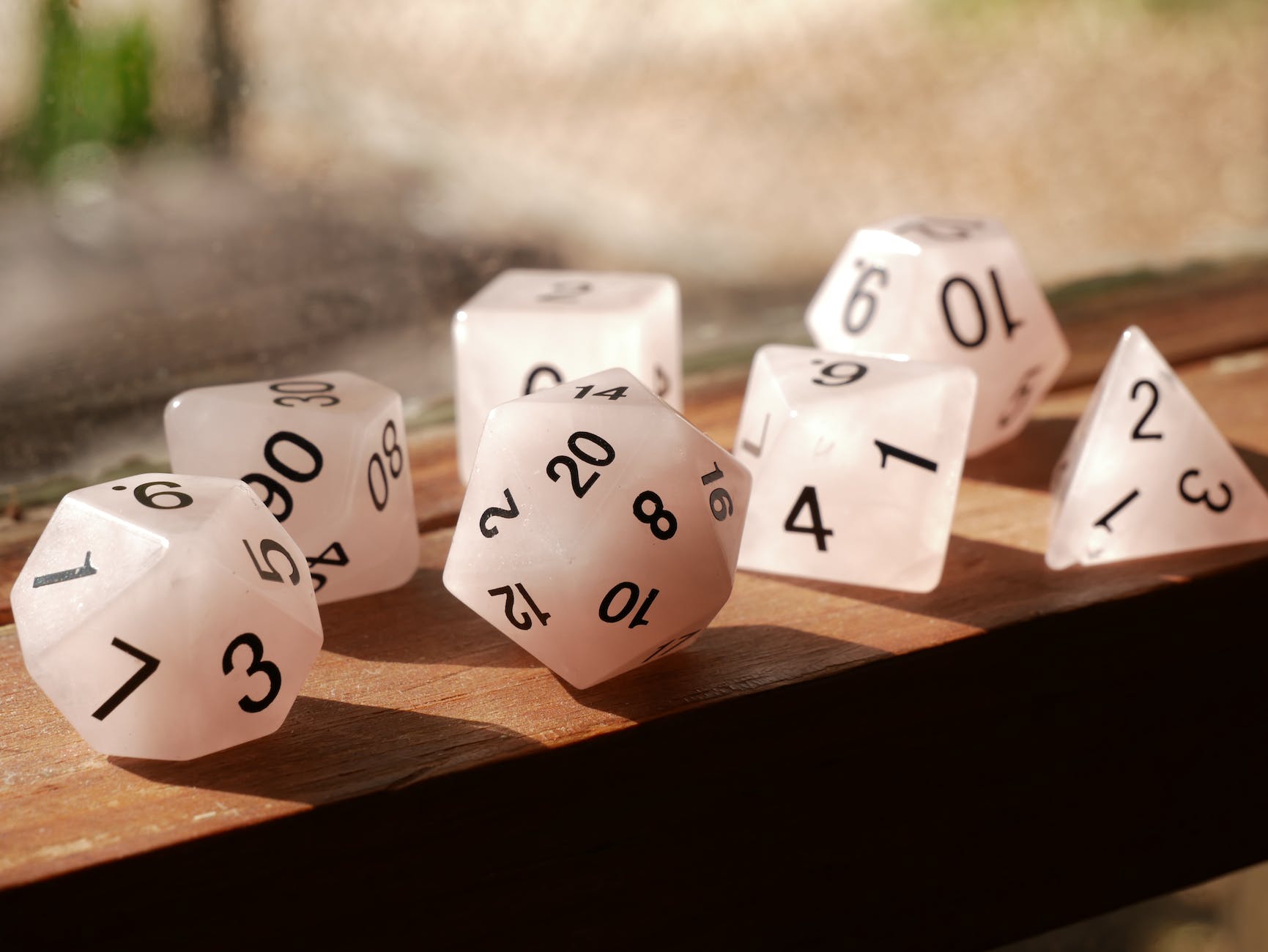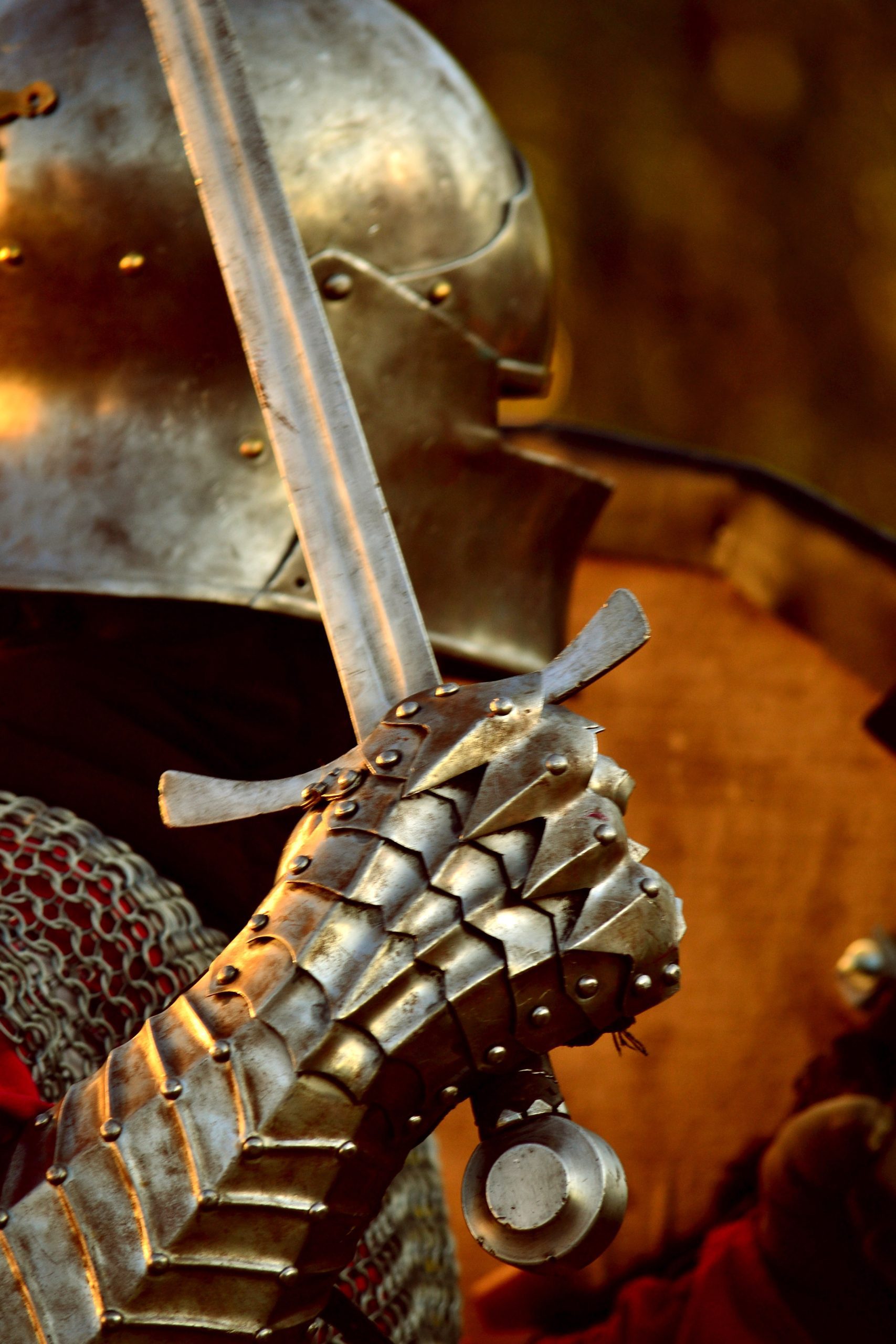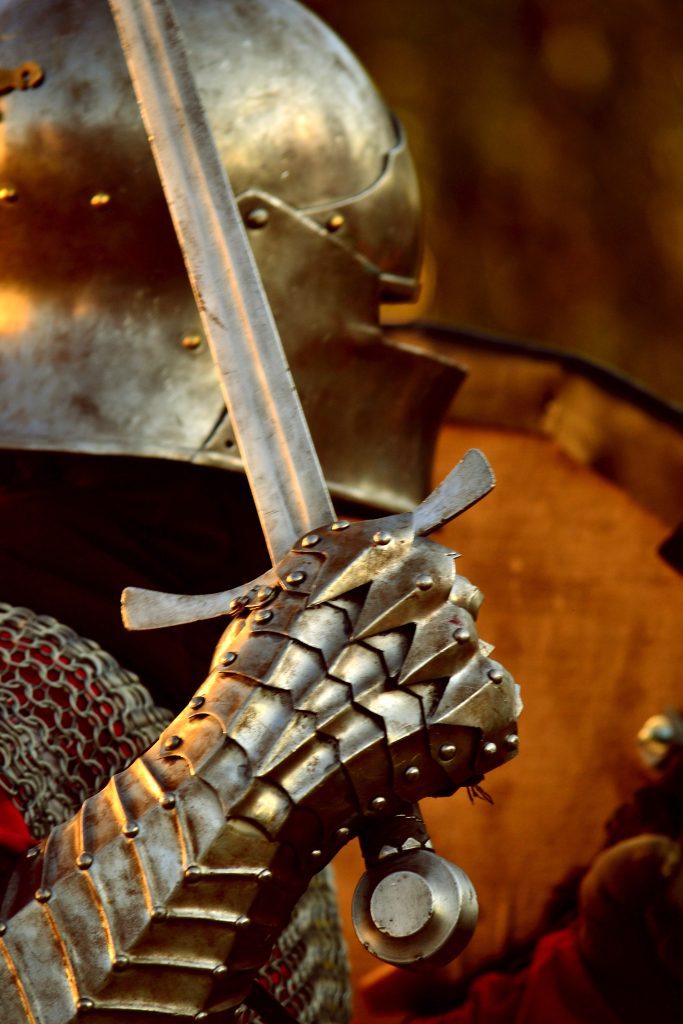Tabletop role-playing games (RPGs) such as Dungeons and Dragons (D&D) and GURPS (Generic Universal RolePlaying System) offer a plethora of social benefits for young children that extend far beyond mere entertainment. These immersive and imaginative games provide a unique platform for fostering personal growth, enhancing social skills, and nurturing creativity. As young minds engage in collaborative storytelling, critical thinking, and problem-solving, they develop important life skills that prepare them for the challenges of the future.

- Collaborative Storytelling: One of the most prominent social benefits of tabletop RPGs is the opportunity for children to engage in collaborative storytelling. As they create characters, develop backgrounds, and navigate through fictional worlds, they learn the importance of teamwork, compromise, and communication. Players must actively listen to one another, negotiate decisions, and build upon each other’s ideas to advance the narrative. This experience encourages empathy, respect for differing viewpoints, and effective communication – skills essential for successful interactions in all aspects of life.
- Critical Thinking and Problem-Solving: Tabletop RPGs demand critical thinking and problem-solving skills. Young players encounter a myriad of challenges, puzzles, and obstacles that require thoughtful analysis and strategic planning to overcome. Whether it’s deciphering a riddle, devising a plan to defeat a formidable opponent, or unraveling a complex mystery, children learn to think outside the box and approach problems from multiple angles. This ability to think critically and adapt to changing circumstances translates to improved decision-making in real-world scenarios.
- Creativity and Imagination: Engaging in tabletop RPGs nurtures creativity and imagination in young minds. Children are encouraged to envision and describe their characters, environments, and actions in vivid detail. This imaginative exercise stimulates cognitive development and fosters a love for creativity. Players learn that there’s no limit to their ideas and that their creativity can shape the course of the game, promoting a sense of agency and empowerment.
- Empathy and Role-Playing: Playing different characters in RPGs requires players to step into the shoes of someone else, fostering empathy and understanding. As they embody characters with diverse personalities, backgrounds, and motivations, children learn to view situations from various perspectives. This firsthand experience of seeing the world through another’s eyes can enhance their emotional intelligence, encouraging them to be more considerate and compassionate in their interactions with others.
- Verbal Communication: Tabletop RPGs necessitate clear and effective verbal communication. Players must articulate their thoughts, intentions, and actions to the group, enhancing their ability to express themselves eloquently. This skill is transferable to academic settings, public speaking engagements, and everyday conversations, bolstering their self-confidence and social fluency.
- Teamwork and Leadership: Many RPGs require players to collaborate as a team to achieve common goals. This experience cultivates essential teamwork skills, such as dividing tasks, delegating responsibilities, and coordinating efforts. Additionally, as young players take on leadership roles within the game, they learn to guide and motivate their peers, enhancing their leadership abilities and sense of responsibility.
- Rule Adherence and Fair Play: RPGs are governed by rule systems that players must adhere to for a fair and enjoyable experience. Young children learn the importance of following rules, respecting boundaries, and playing ethically. This understanding of fair play carries over into real-life situations, teaching them the significance of integrity and ethical decision-making.
In conclusion, tabletop RPGs like Dungeons and Dragons and GURPS offer an array of social benefits for young children that extend beyond entertainment. Through collaborative storytelling, critical thinking, problem-solving, creativity, empathy, communication, teamwork, and adherence to rules, these games provide a holistic platform for personal growth and skill development. As young players engage in these immersive experiences, they not only forge lasting friendships but also cultivate a versatile skill set that equips them to thrive in a dynamic and interconnected world.


